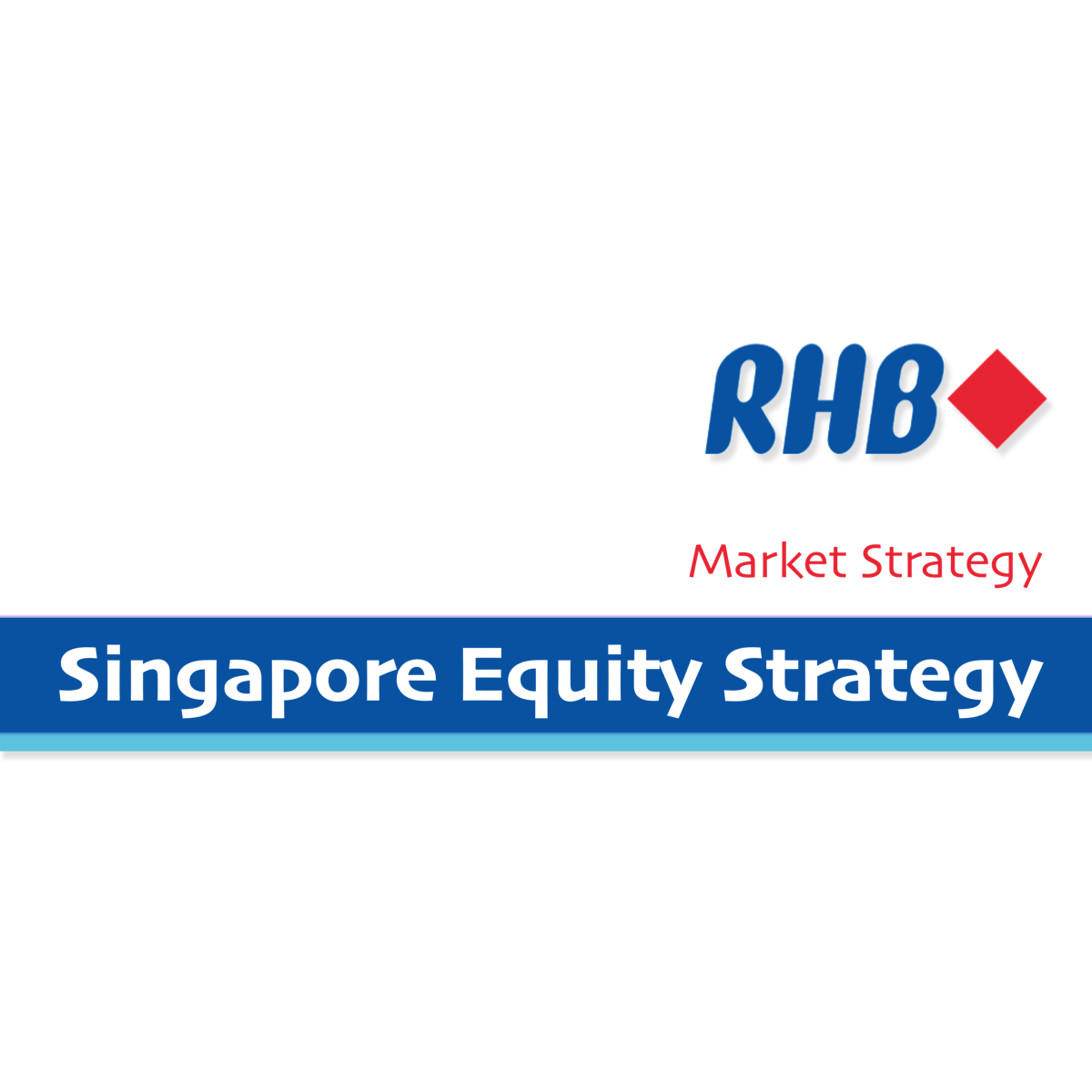
Singapore Market Strategy - Stay Defensive & Look For Value Opportunities
- Given the rising global macroeconomic risks, equity markets are likely to continue being volatile. Investors should maintain a defensive stance in 4Q22 as we believe companies with resilient earnings, as well as the ability to pass on costs and maintain strong cash flow should outperform in the current environment.
- We also recommend investors to buy banks, build exposure to selective economic reopening plays, and rotate into selective industrial and office REITs.
Singapore’s economic growth to moderate.
- We do not expect the recent surge in COVID-19 cases to disrupt businesses, livelihoods, and tourist inflows into Singapore. Prospects for Singapore's manufacturing sector have dimmed, as growth in Singapore’s major trading partners is anticipated to decelerate to below-trend levels.
- We expect the services sector to pick up some slack in manufacturing, as strong household balance sheets and wage incomes lead to continued growth in the domestic-oriented and travel-related sectors. However, the pace of discretionary spending could moderate over the course of 2023.
- While there is still a risk of the major advanced economies entering into a recession in 2023, we expect Singapore to witness a below-trend but positive GDP growth of 3.0% y-o-y. While inflation could stay elevated in the near term, it is projected to ease more in 2023.
Strong positive earnings growth, for now.
- The Street is estimating 2023 STI EPS growth at 13% y-o-y. This compares with our coverage universe's 2023F EPS growth of 16% y-o-y. However, note that our estimate excludes the manufacturing sector. Companies in this sector are expected to witness significantly slower or negative earnings growth in 2023.
- With expectations of a slowdown in 4Q22 GDP growth and the elevated risk of a further slowdown in economic growth in 2023F, there remain downside risks to earnings growth next year.
Build a defensive portfolio, with selective exposure to banks and economic reopening plays.
- Themes for 4Q22 include:
- Buying shares of firms with resilient and defensive earnings/dividends;
- buying banking stocks as a proxy to rising interest rates;
- continued selective exposure to economic reopening plays; and
- buying REIT counters that are defensive, and
- buying those that will benefit from the economic reopening (e.g. industrial and office REITs).
- See the list of stock picks at Singapore Market Strategy - RHB Invest 2022-10-26: Stock Themes For 4Q22.
STI Target Of 3,200 For End-2022
Remain constructive on STI outperforming most regional markets
- The STI is now trading below 10.5x (-2 standard deviation) 12-month forward P/E as investors question the sustainability of positive earnings revisions and the EPS growth of 13% in 2023F, especially in an environment of rapidly decelerating economic growth. Our end-2022 STI target of 3,200pts (down from 3,380pts) offers a ~8% upside from the 21 Oct close of 2,970 points. This is based on 11.75x 2022F P/E (from 12.5x 2022F P/E), which lies between the -1 standard deviation and -2 standard deviation from its forward P/E mean since Jan 2008. (See also STI constituents target price)
- We believe our target P/E, well below its historical average, now reflects the rising risks of a favourable operating environment ahead. While we still remain constructive on the STI outperforming most regional markets, any upward move for the index will be a slow grind as investors assess the impact of rising inflation, rising interest rates, and slowing economic growth.
- The reopening of Singapore and the regional (ASEAN) economies, along with the safe haven status of Singapore as a country and its currency, has led to the STI becoming the most defensive developed economy benchmark in Asia this year. Among the emerging Asia economies, India and Indonesia have delivered positive returns in local currency terms and have outperformed the STI.
- The STI’s 10x 2FY P/E is well below its historical P/E, and the lowest amongst the ASEAN equity indices. Its blended forward yield of 5.3% is still amongst the highest in Asia.
Shekhar Jaiswal
RHB Securities Research
|
https://www.rhbgroup.com/
2022-10-26

